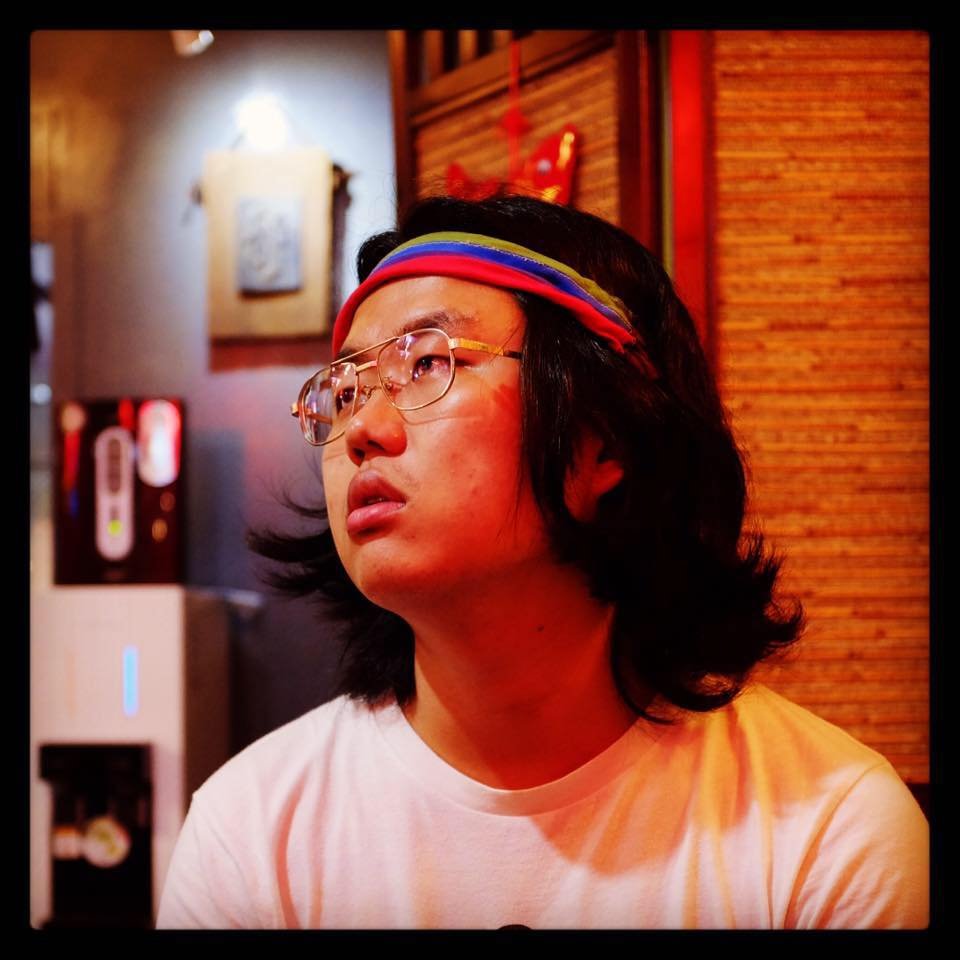One on One
11-03-2021
By Maryclare Beche
This is a storytelling segment, where students will be sharing their personal stories - highlighting their ministerial work, future goals and how McCormick is helping in this journey. Here, we will also explore some of the things that students are doing to maintain a balance between school, family, work and self-care.
In this week's issue, meet Seyo Oh, a first year international student from South Korea.
Can you tell me a little about yourself?
I was born and raised in Seoul. And I am a pastor of the Presbyterian Church in the Republic of Korea(PROK), ordained in 2018. In Korea, I belonged to a progressive church called Hanbaik Church. Also, as an activist for social justice, I struggle for wrongful dismissal of workers, evictees who have been unfairly evicted, and LGBTQ people, and I have often held prayer meetings with them. I am the co-founder of Okbaraji Missionary Center, a social justice missionary organization for urban issues.
Why Seminary?
When I was a teenager, I decided to go to a B.Th course in a University to become a pastor who changes people from Sunday Christians to all-day Christians. In the middle of my '20s, I decided to go to an M.Div course in a graduate school of theology to become a pastor who participates in social justice movements through the church. Now, I hope to study at this seminary how to interpret society in an integrated way through theology.
How do you see McCormick shaping you to achieve your goal?
This is not only my first semester, but it's also been only a month since we started. I sadly do not fully understand the classes yet because I am not good at English. So I think it's too early to say how McCormick is shaping me to achieve my goal. But I can confidently say that all the people I have met in McCormick are good, and McCormick also has an excellent system, Alexandria, for students. I could not have known that professors were assigning assignments if it wasn't for Alexandria in the online classes system. Lol
Since coming to Chicago, what has been your biggest culture shock?
A light topic relates to separate collections of waste. In Korea, it is mandatory to separate all garbage when disposing of it. Cans, bottles, paper, plastics, combustible waste, food waste, all separately. I thought that the earth would be destroyed if we did not separate collections like this. There is no such system here. Oh... Americans, including me, who live in America will ruin the earth. Lol. This was a slight culture shock. A heavier topic is related to multiculturalism. Korean society is relatively homogeneous. Therefore, social phenomena such as racial problems are still invisible in Korean society. About two weeks after I moved to Chicago, I was invited to a party. The host of the party and most of the attendees were graduate students majoring in history at UChicago. All of them, I remember, were white except for one black man who was studying African American history. They were all friendly and nice people. But at that party, I learned that racial issues in American society are, after all, also related to class and are habitus.
Outside of school and ministry, what do you like to do for fun?
I like to do a lot for fun. Reading a book is fun, but I won't talk about it here. I want to go to the Empty Bottle in West Town to see a performance, I want to go to Carlson Gracie Brazilian Jiu-Jitsu headquarters in Logan Square to practice BJJ, I want to go to a climbing center to do bouldering, and there are so many other things I want to do. When I was in Korea, I often watched Brooklyn 99 on Netflix, so why is it not available on Netflix in the US? Anyway, maybe it's faster to find something I don't want to do for fun. I need to keep playing the guitar, composing, and exercising. And I will definitely go to the Pitchfork Music Festival again next year. It might be hard to see this as a fun thing to do, still, I'd like to go to a meeting with American anti-gentrification activists and DSA, especially the Bread and Roses members, to learn more about what's going on in American society.
Is there anything else you would like to share?
If you like this interview, please subscribe and like... no. If you have any questions or would like to say something to me, please feel free to contact me via my e-mail.



